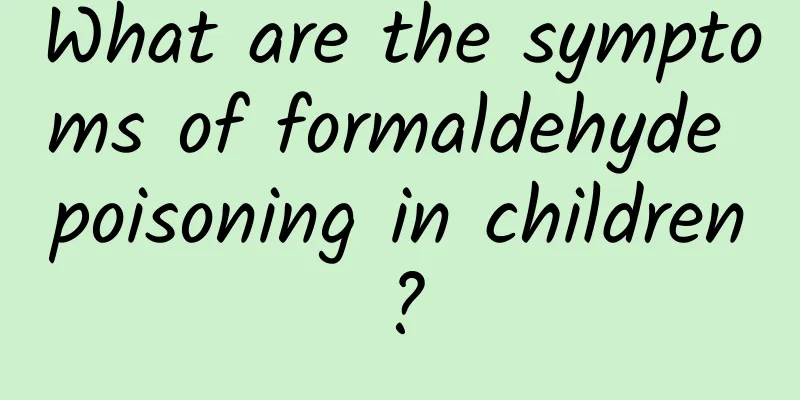The role of immunoglobulins

|
We all have immunoglobulins in our bodies. The presence of immunoglobulins can help us phagocytize some pathogenic cells and protect our bodies from being invaded by pathogens. In addition to phagocytic cells, immunoglobulins can also help people clear necrotic cells in the human body, thereby maintaining the body's metabolism and normal blood circulation. The role of immunoglobulin is very important for people.
If there is any problem with the immunoglobulin in the human body, the immunity will easily decline. In this case, the health of the human body will be seriously threatened. This is something that everyone should pay attention to. Immunoglobulins are very important. 1. Function of immunoglobulin V region It mainly recognizes and binds to antigens specifically. Since Ig has monomers, dimers and pentamers, the number of antigen epitopes it binds is also different. The number of Ig-binding antigen epitopes is called the antigen-binding valency. 2. Function of immunoglobulin C region (1) Activation of complement After IgG1-3 and IgM bind to the corresponding antigen, the complement binding sites in their CH2/CH3 functional regions may be exposed due to conformational changes, leading to activation of the conventional complement pathway. IgG4, IgA and IgE cannot activate the traditional complement pathway after binding to antigens, but their aggregates can activate the alternative complement pathway. (2) Cell tropism IgG and IgE antibodies have cytotropic properties and can bind to cells with corresponding receptors on their surfaces through their Fc segments, producing different biological effects. (3) Regulation effect After IgG binds to particulate antigens such as bacteria, it can promote the phagocytosis of particulate antigens such as bacteria by phagocytes through the binding of its Fc segment to the corresponding IgGFc receptors on the surface of macrophages and neutrophils. This is the opsonophagocytic effect of antibodies. (4) Antibody-dependent cell-mediated cytotoxicity (ADCC) After IgG binds to tumor or virus-infected target cells, it can bind to the corresponding IgGFc receptors on the surface of NK cells, macrophages and neutrophils through its Fc segment, thereby enhancing the killing and destructive effects of NK cells and triggered macrophages on target cells, thus producing the ADCC effect. (5) Mediating type I hypersensitivity reactions IgE is a cell-tropic antibody that can bind to the corresponding IgEFc receptors on the surface of mast cells and alkaliphilic granulocytes through its Fc segment, thus putting the above immune cells into a sensitized state. When the same allergen enters the body again and binds to the specific IgE on the surface of sensitized target cells, it can degranulate and release biologically active mediators such as histamine, causing type I hypersensitivity reaction. The above is an introduction to the role of immunoglobulin. I believe that after reading it, you will have a better understanding of this knowledge. If we feel any discomfort in our lives, we should go to a regular hospital for examination and treatment in time. A low level of immunoglobulin can be very dangerous. |
>>: What to do if urine protein is high
Recommend
What are the general treatments and care methods for seborrheic dermatitis?
Seborrheic dermatitis, abbreviated as SD, also kn...
What are the signs of uremia?
In daily life, uremia is a relatively serious kid...
What are the dangers of proteinuria
What is proteinuria? Simply put, the protein in t...
What are the common causes of internal hemorrhoids?
Internal hemorrhoids are a very common anorectal ...
Viral oral herpes
Viral oral herpes is often accompanied by fever, ...
What fruits are good for high blood sugar? These three are good for lowering blood sugar
Hypertension, high blood sugar and high blood lip...
Stomach bloating before and after meals
Bloating is the most common form of stomach disea...
Can I eat preserved eggs when I am pregnant?
Preserved eggs are a common snack with certain nu...
Can I add water while boiling Chinese medicine?
Traditional Chinese Medicine is a relatively trad...
Common massage chairs are harmful to the body
With the arrival of an aging population, many peo...
The weight loss effect of lotus leaf, hawthorn, tangerine peel and coix seed tea and its preparation method
Among various methods of losing weight, slimming ...
Why do I always fart during my period?
Some women always fart during their menstrual per...
Why is the leucorrhea yellow after the lochia is clean?
After giving birth, if the lochia is completely d...
What are total flavonoids?
Our human body needs a variety of trace elements,...
Woman's body full of parasites
Parasites are killers lurking in the human body. B...









